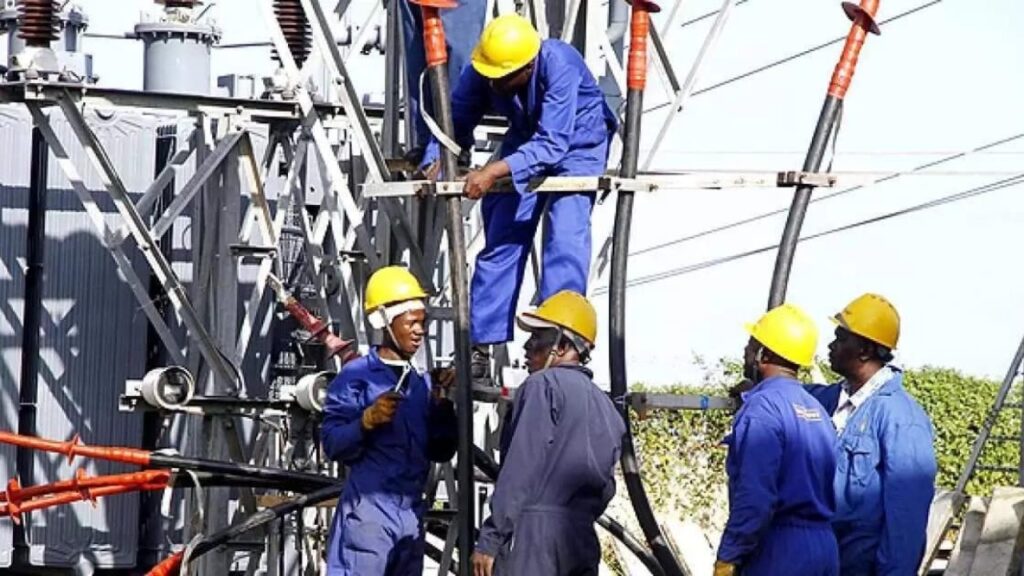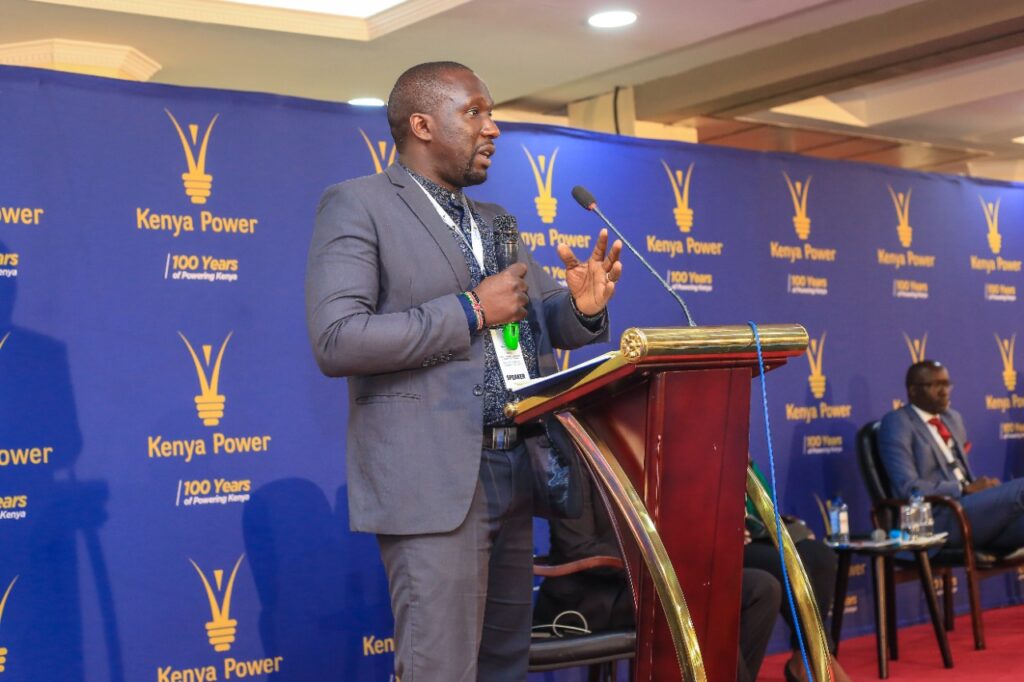Why Kenya Should Invest More in the Energy Sector

The energy sector is a crucial sector in any country’s economy. This is crucial because energy is a key component in powering various sectors, from manufacturing to retail to households.
In Kenya the energy mix is made up of various sources of energy- renewable and non-renewable such as wind, solar, water and thermal. With this diverse portfolio there is need to firm up investment in this sector.
“One of the reasons why investment in the energy sector is viable in Kenya is due to the immense potential in the sector. Kenya is abundantly blessed with natural resources such as wind, abundant supply of rainfall and solar energy. 73% of the country experiences wind speeds of at least 6 m/s or higher,” said ESAK Chairperson George Aluru.
Kenya’s potential for small hydro is estimated at 3,000 MW. Kenya has immense potential to tap into the solar energy, with the Garissa Solar Power Plant being the largest grid connected solar plant in East and Central Africa. This vast energy potential illustrates that the sector is ripe for further investments.
Kenya has a favourable legislation policy and a welcoming policy on doing business. The Energy Act of 2019 envisions a more liberalized energy market in which private companies will have an input in distribution, transmission and retail of electricity.
The Government of Kenya has developed the Kenya National Electrification Strategy (KNES) that aims to define a strategy to attain electricity access for all households and businesses in Kenya. These policies are proof that from a policy-wise the energy sector is accommodative to further investments in the sector.
With the various energy players in the market such as Kenya Power, Ministry of Energy, Energy Petroleum and Regulatory Authority, KENGEN, Rural Electrification and Renewable Energy Corporation (REREC), a new regime presents a new dawn for a reset to iron out existing challenges and encouraging financing in the sector. The Electricity Sector Association of Kenya (ESAK) encourages such collaborations from the private and public sector and looks forward to facilitate a conducive environment for such.
Kenya’s growing electricity demand is an indicator that there is further need to invest more in this sector. In 2022, the peak electricity demand recorded at 2051 MW, a surge from the previous high of 2036 MW recorded in November 2021. The International Energy Agency (IEA) projects that global electricity demand is forecasted to grow by 2.4% in 2022 after last year’s 6% increase. As economies fully open up after the Covid-19 pandemic then businesses, manufacturing plants and households require more electricity demand. This presents an opportunity to diversify investments in the energy sector.

In conclusion, investments in the energy sector are a key to ensuring continuity of the sector. The energy sector has a ripple effect on other sectors of the economy. As such responsible investments in this sector will have a knock-on effect in other facets of the economy and lead to a continuous prosperity. ESAK is committed to facilitating these conversations, in line with one of its objectives of providing input into the development of a favourable regulatory electricity for electricity investments in Kenya.





